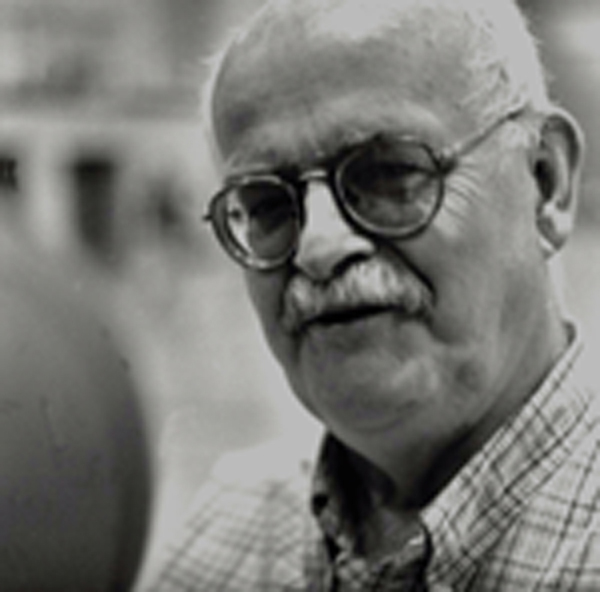TERRY MOSHER
- TOP OF THE TOWN – We lost one of the greatest basketball players of all time today (July 31) when Bill Russell passed. Bill was 88 and was a towering presence wherever he went, and he went to a lot of functions in his post-basketball life. You all know his accomplishments on the court – 11 NBA championships, an Olympic Gold Medal ‑ and now the NBA’s MVP award is named after him. He was born in Monroe, Louisiana in 1934 and his family moved to the San Francisco Bay Area for his high school days at McClymonds in Oakland. He was on two state high school basketball championship teams there, although he had not yet grown into his body and was an awkward center whose play was not stellar. But his size – six-foot nine – got him a college scholarship to San Francisco where he led the the Dons to consecutive NCAA titles in 1955 and 1956. His defensive ability was noticed by Boston Celtics coach Red Auerbach. His Celtics had the second pick in the 1956 draft. The Rochester Royals had the first pick and they picked Sihugo Green, star at Duquesne who gave my favorite college team, St. Bonaventure, fits in the 1950s when they clashed. The second pick went to St. Louis Hawks and they were poised to take Russell. But in a bit of fortune, Easy Ed Macauley’s son was being treated for spinal meningitis in St. Louis and he wanted to be traded there from the Celtics. So Auerbach combined Macauley and future hall of famer Cliff Hagen to the Hawks for their second pick. The rest is history. What is important to note here is Russell was active all his life fighting against racism and he has said that he would not have played in the NBA if St. Louis had drafted him because, “St. Louis was overwhelmingly racist.” He replaced Auerbach as coach for the Celtics, becoming the first black to coach in U.S. sports history, and later would coach Seattle Supersonics for four years. It’s the latter where I first met Russell. I covered a few Sonics’ games when Russell was coaching and quickly connected with him through eye contact. He would have post-game interviews at a small room at then what was KeyArena and is now Climate Pledge Arena. He used to BS reporters and whenever he said something outlandish he would look at me standing in the back and watch for my reaction. If I laughed, he would give out that laugh he had that sounded like a high-pitch cackle. I didn’t think he was a very good coach, and I think he knew that I knew, which made his cackle all the more meaningfully for me. He eventually handed over the coaching reigns to his cousin, Bob Hopkins, who lasted just 22 games into the 1977-78 season before Lenny Wilkens took over. I never met Russell again, but I heard about him often from a friend who was close to Bill and played a lot of golf with him at Jackson Park Golf Course over the years. My friend said Bill was a cheapskate. He recounted the time Bill smashed my friend’s golf cart and refused to pay to get it fixed. The best story I heard was a time in Las Vegas (my friend often went there to golf) and ran across Russell having dinner with his girlfriend. Russell invited him to sit down and have dinner with them. When it came time to pay the bill, Russell said just give me you share and I will pay it. He gave Russell $50 and Bill put it in his pocket. Only later did my friend discover the casino was giving Russell everything free for making an appearance. Don’t get me wrong, Bill Russell was a giant not just in physical stature, but in all social circles, the fight against racism especially. He will be greatly missed. But his legacy will linger on for decades.

